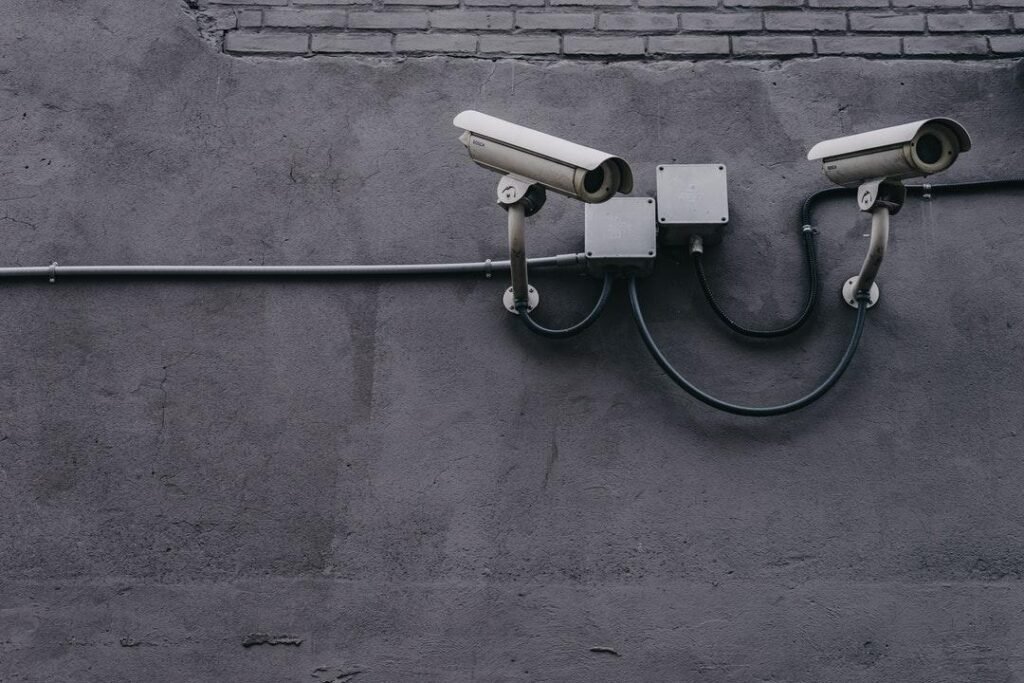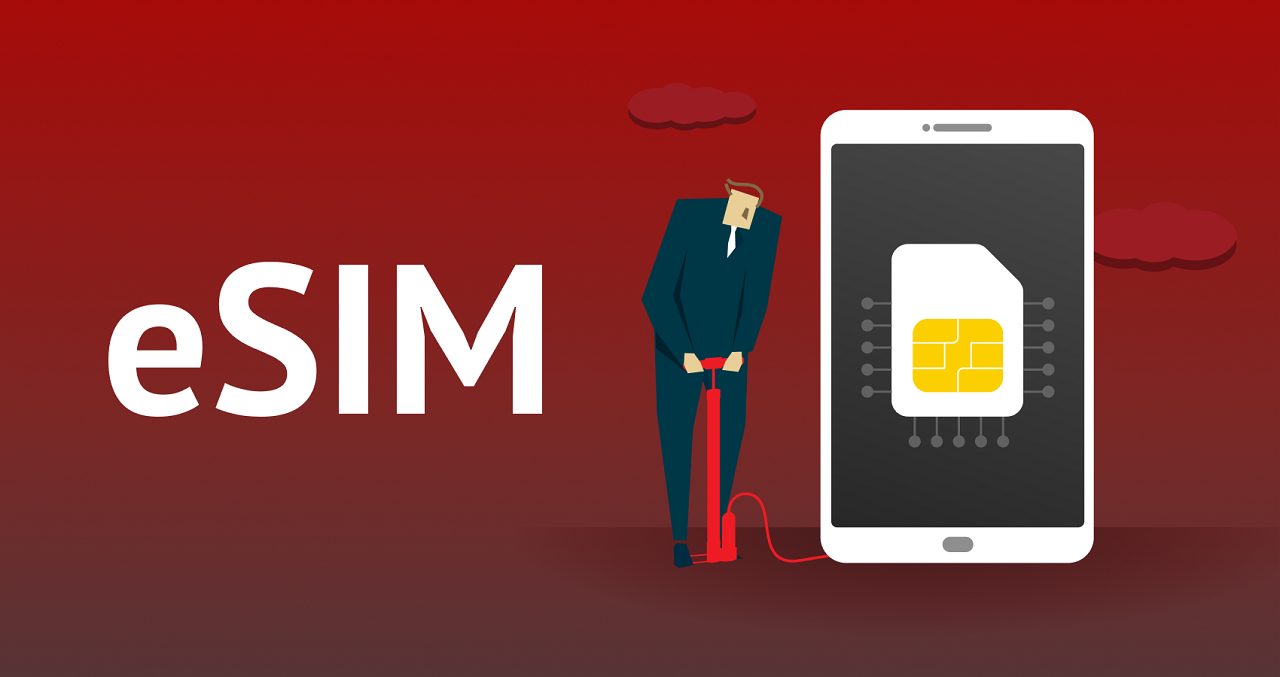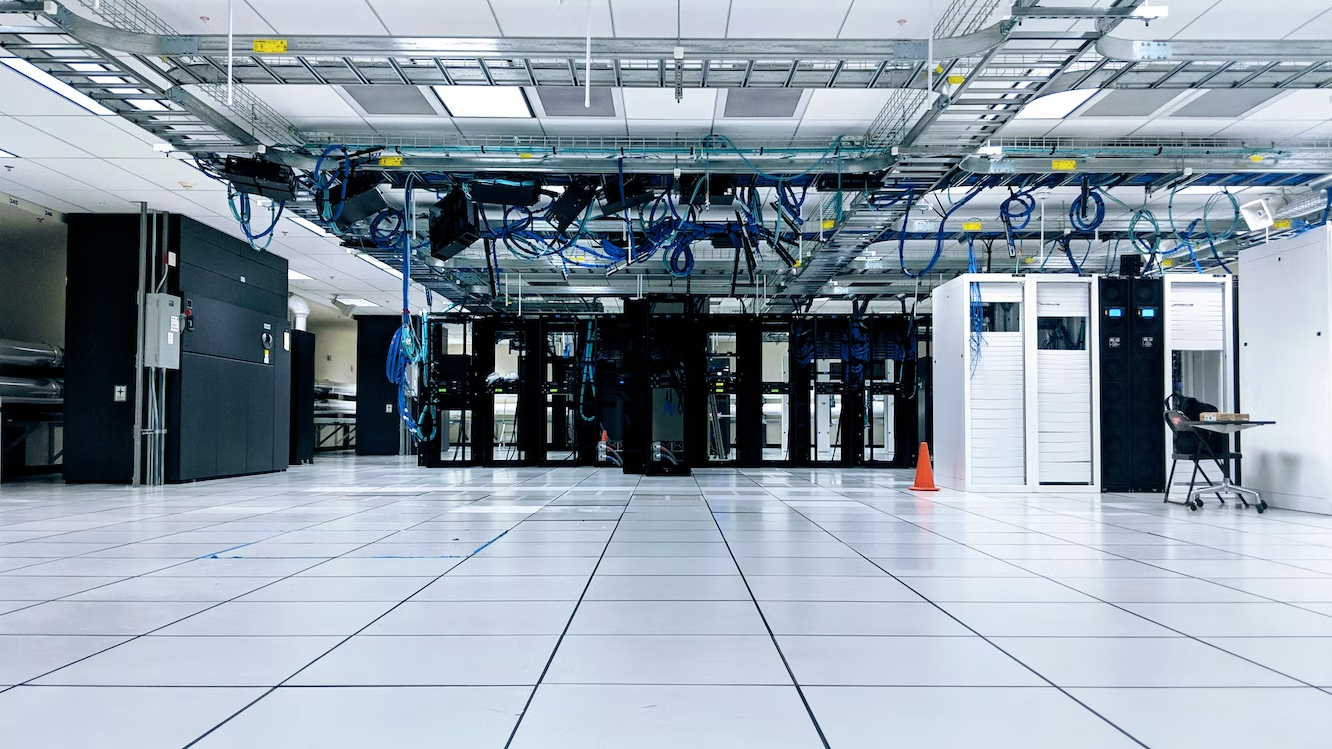Safeguarding your business against potential threats has never been more critical. Cybersecurity breaches, data theft, and other malicious activities can have a devastating impact on both your operations and reputation.
Implementing robust security measures is essential to protect sensitive information, maintain customer trust, and ensure compliance with regulatory requirements. This guide outlines the essential security practices that every business must adopt to defend against these evolving threats and secure a safer future.

Implement Strong Access Controls
Establishing robust access controls is the first step in protecting your business’s sensitive information. By ensuring that only authorized personnel have access to critical systems and data, you can significantly reduce the risk of internal and external threats.
Start by implementing multi-factor authentication (MFA) to add a layer of security beyond just usernames and passwords. Configure role-based access controls so employees can only access the information necessary for their specific job functions.
Your company’s vulnerability to external intrusion can be greatly reduced using firewalls, VPNs (Virtual Private Networks), and secure connections for remote employees.
Regularly reviewing and updating your access control protocols is essential to maintaining a strong defense against potential cyber-attacks.
As the folks from Saicom note, while vulnerability scanning is an automated process that identifies potential security weaknesses, penetration testing goes a step further by exploiting these vulnerabilities. This hands-on approach not only determines the presence of vulnerabilities but also assesses their real-world impact on your organization, offering a detailed insight into your security posture.
Apply Regular Software Updates and Patches
Keeping your software and systems up-to-date is essential for defending against security vulnerabilities. Cyber attackers often exploit weaknesses in outdated software to gain unauthorized access to your network.
To mitigate this risk, establish a routine schedule for applying patches and updates to all operating systems, applications, and firmware within your infrastructure.
Automate the update process wherever possible to ensure timely deployment and reduce the margin for error. Regularly monitor vendor announcements and security bulletins for new vulnerabilities and patches.
Employing a comprehensive patch management solution can streamline this process, ensuring that your systems remain secure against the latest threats. Educating your staff about the importance of these updates can encourage prompt acceptance and application.
Conduct Regular Security Training
Human error is often the weakest link in a security chain, making regular training an essential component of your security strategy. Educate employees about common cyber threats such as phishing, social engineering, and ransomware. Simulated attack exercises can help employees recognize and respond to suspicious activities effectively.
Provide ongoing training sessions to keep the workforce informed about the latest security practices and emerging threats. Tailor the training to address the specific roles and responsibilities of different departments.
Ensure that employees understand the protocols they need to follow in the event of a security incident. By fostering a culture of vigilance and awareness, you can greatly reduce the likelihood of human error compromising your security.

Establish a Comprehensive Data Backup Strategy
Data loss can occur due to various factors, including cyberattacks, hardware failure, or accidental deletion. Implementing a robust data backup strategy ensures that you can quickly recover and continue operations with minimal disruption. Regularly back up all critical data to multiple locations, such as onsite and offsite storage, or cloud-based solutions.
Test your backup and recovery processes periodically to verify their effectiveness. Ensure that data backups are encrypted to protect sensitive information from unauthorized access.
Develop a clear disaster recovery plan that outlines the steps to be taken in the event of data loss or corruption. This proactive approach safeguards your business from potential data-related threats and enhances overall resilience.
Monitor Network Activity Continuously
Continuous network monitoring is vital for detecting and responding to potential security threats in real time. Employ advanced intrusion detection and prevention systems (IDPS) to monitor network traffic and identify unusual or malicious activities. Implement Security Information and Event Management (SIEM) solutions to centralize and analyze security data from various sources.
Regularly review and update your monitoring tools to incorporate the latest threat detection capabilities. Develop a clear incident response plan that outlines the procedures for addressing security breaches identified through network monitoring.
Engage a dedicated team or partner with a managed security service provider (MSSP) to ensure round-the-clock surveillance of your network environment. Proactive monitoring enables you to swiftly mitigate risks and protect your business against ongoing threats.
In an era where cyber threats are constantly evolving, taking a proactive stance on security is paramount for every business. Implementing these essential security measures—establishing strong access controls, applying regular software updates and patches, conducting regular security training, establishing a comprehensive data backup strategy, and continuously monitoring network activity—will significantly enhance your defense against potential breaches and interruptions.
By prioritizing these strategies, you not only protect your sensitive data and maintain operational integrity but also build a robust foundation of trust with your customers and stakeholders. Remember, the strength of your security posture reflects the resilience and reliability of your business in the face of an ever-changing threat landscape.






